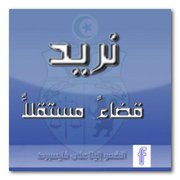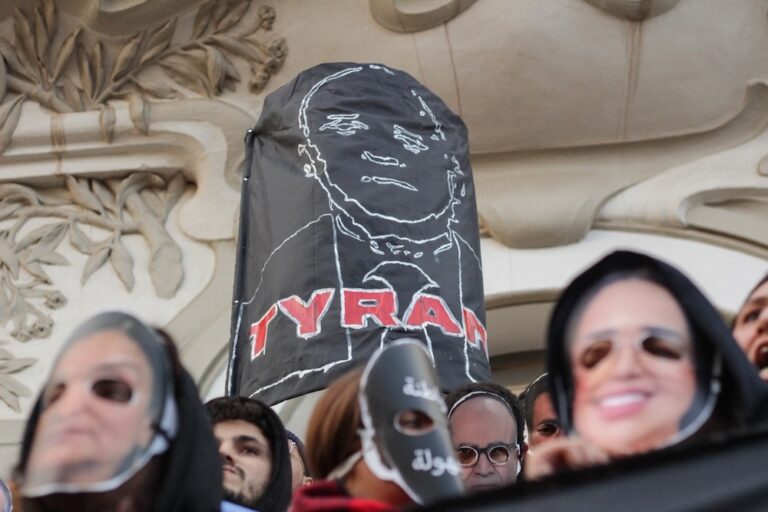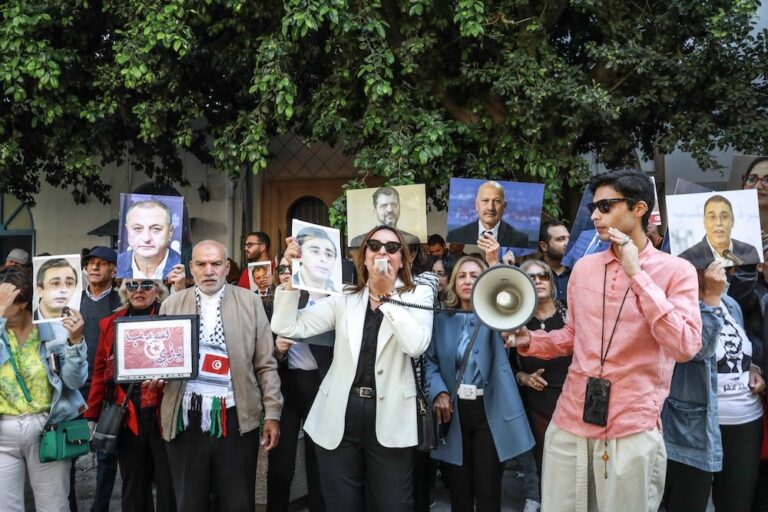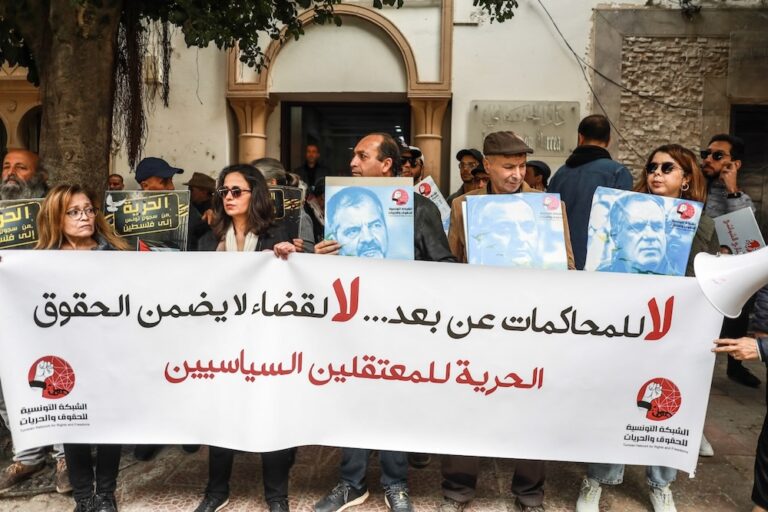IFEX-TMG is deeply alarmed by a series of violations in the past week of the right to access information, free expression and movement, as well as a blatant assault on a journalist.
(IFEX-TMG) – The International Freedom of Expression Exchange Tunisia Monitoring Group (IFEX-TMG), a coalition of 20 IFEX members, is deeply alarmed by a series of violations in the past week in Tunisia of the right to access information, free expression, and free movement, as well as a blatant assault on a journalist.
On 19 December, in the suburbs of the capital Tunis, plainclothes security agents besieged the homes of the members of the legitimately-elected Board of the Association of Tunisian Judges (AMT). They also prevented independent judge Hamadi Rahmani from heading toward the venue of a general assembly held by the state-backed AMT board.
The IFEX-TMG regards the political manipulation of the judiciary as a major threat to free expression in Tunisia, making it possible for the state to jail or prosecute independent journalists such as Fahem Boukaddous and Mouldi Zouabi.
The legitimate board of the AMT was dissolved in 2005 after it called for the Tunisian judiciary to be allowed its right to independence in line with international standards, and its members have been persecuted since then. It issued a statement on 20 December condemning the police siege imposed on their homes over the weekend.
They said that the Tunisian state’s “interference in their private lives” and the “obstruction of their right of movement has exceeded all legal and moral limitations in its treatment of the members of the legitimate board, simply for defending the independence of the judiciary.”
Rohan Jayasekera, deputy Chief Executive of Index on Censorship and IFEX-TMG Chair, said he expected the state to ignore their objections. “Meanwhile the persecution of independent judges continues and the state goes on claiming that the question of political control of the Tunisian judiciary is ‘an internal matter’ for the regime to manage.”
The IFEX-TMG is urging the EU to play a larger role in edging its economic partner to respect free expression, put an end to violations against journalists and independent judges and fully respect its commitment to abide by the independence of the judiciary.
In other incidents, on 17 December, Assabilonline journalist Zouhair Makhlouf was violently assaulted in front of his family near his home prior to leaving to cover protests in the Southern town of Sidi Bouzid. Police agents have been harassing other journalists and preventing them from covering the protests.
International media reported many arrests and a violent police crackdown on the protests, which erupted after a young grocer set himself alight after police seized his goods and local frustration over high unemployment in the region fanned anger. Most local media did not report the incidents.
Finally, in line with Tunisia’s long and notorious record of Internet censorship, the IFEX-TMG Facebook page ( http://www.facebook.com/IFEXTMG ) has been censored in Tunisia and visitors have been receiving a ‘404’ error message. The IFEX-TMG website ( http://ifex.org/tunisia/tmg/ ) is already censored in Tunisia.
“We suggest the EU take a firmer lead in the New Year and urge the Tunisian authorities to abide by their commitments to respect human rights in its partnership agreement with them, signed nearly 15 years ago,” said Jayasekera. “The EU should see that commitment met before they even think about extending that relationship. It will be in their benefit as well as Tunisia’s.”
See Jayasekera’s commentary for Index on Censorship at: http://bit.ly/hK11ZR .



